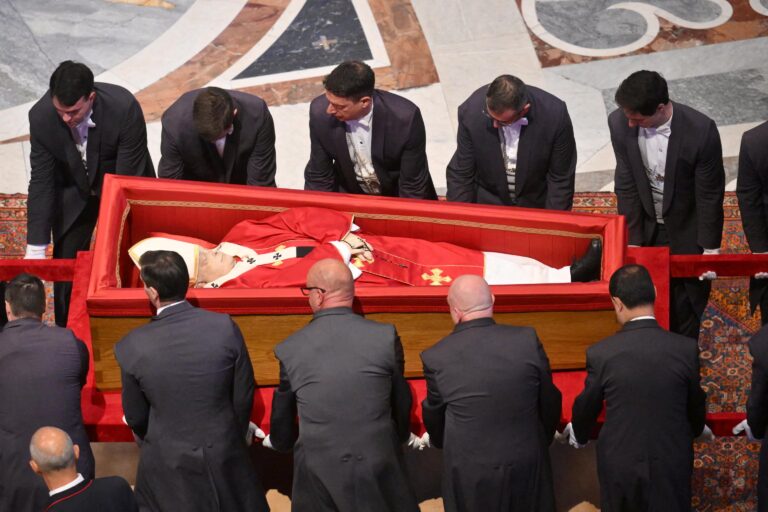Donald J. Trump has reversed course and agreed on Friday to pay $25 million to settle a series of lawsuits stemming from his defunct for-profit education venture, Trump University, finally putting to rest fraud allegations by former students, which have dogged him for years and hampered his presidential campaign.
The settlement was announced by the New York attorney general just 10 days before one of the cases, a federal class-action lawsuit in San Diego, was set to be heard by a jury. The deal averts a potentially embarrassing and highly unusual predicament: a president-elect on trial, and possibly even taking the stand in his own defense, while scrambling to build his incoming administration.
It was a remarkable concession from a real estate mogul who derides legal settlements and has mocked fellow businessmen who agree to them.
The Run-Up
The podcast that makes sense of the most delirious stretch of the 2016 campaign.
iTunesGoogle Play Music
But the allegations in the case were highly unpleasant for Mr. Trump: Students paid up to $35,000 in tuition for a programs that, according to the testimony of former Trump University employees, used high-pressure sales tactics and employed unqualified instructors.
The agreement wraps together the outstanding Trump University litigation, including two federal class-action cases in San Diego, and a separate lawsuit by Eric T. Schneiderman, the New York attorney general. The complaints alleged that students were cheated out of thousands of dollars in tuition through deceptive claims about what they would learn and high-pressure sales tactics.
“I am pleased that under the terms of this settlement, every victim will receive restitution and that Donald Trump will pay up to $1 million in penalties to the State of New York for violating state education laws,” Mr. Schneiderman said in a statement. “The victims of Trump University have waited years for today’s result, and I am pleased that their patience — and persistence — will be rewarded by this $25 million settlement.”
The settlement is a significant reversal from Mr. Trump, who had steadfastly rejected the allegations and vowed to fight the lawsuits, asserting that students filled out evaluations showing they were mostly happy with what they had learned in seminars. When political opponents pressed him on the claims during the campaign, Mr. Trump doubled down, saying he would eventually reopen Trump University.
“It’s something I could have settled many times,” Mr. Trump said during a debate in February. “I could settle it right now for very little money, but I don’t want to do it out of principle.”
He added, “The people that took the course all signed — most — many — many signed report cards saying it was fantastic, it was wonderful, it was beautiful.”
But the position of Mr. Trump and his legal team appeared to soften soon after his election victory on Nov. 8. At a hearing last week, Daniel Petrocelli, a lawyer for Mr. Trump, expressed interest in moving toward a settlement. Meanwhile, Mr. Trump’s lawyers were seeking to delay the trial in one of the California cases until after his inauguration on Jan. 20, while also requesting that he be allowed to testify on video.
At a hearing on the case in San Diego on Friday, Mr. Petrocelli said Mr. Trump had settled the case “without an acknowledgment of fault or liability.”
The judge overseeing the two California cases, Gonzalo Curiel, was thrust into the limelight of the campaign in May when Mr. Trump spent several minutes at a rally denouncing the judge’s decisions in the case, calling him a “hater” and questioning his impartiality because of his Mexican heritage.
After he faced days of criticism for his remarks on the judge, Mr. Trump released a statement saying his words had been “misconstrued as a categorical attack against people of Mexican heritage.” He also asserted that he was justified in questioning the fairness of his trial, given various rulings in the case that went agai









You must be logged in to post a comment.